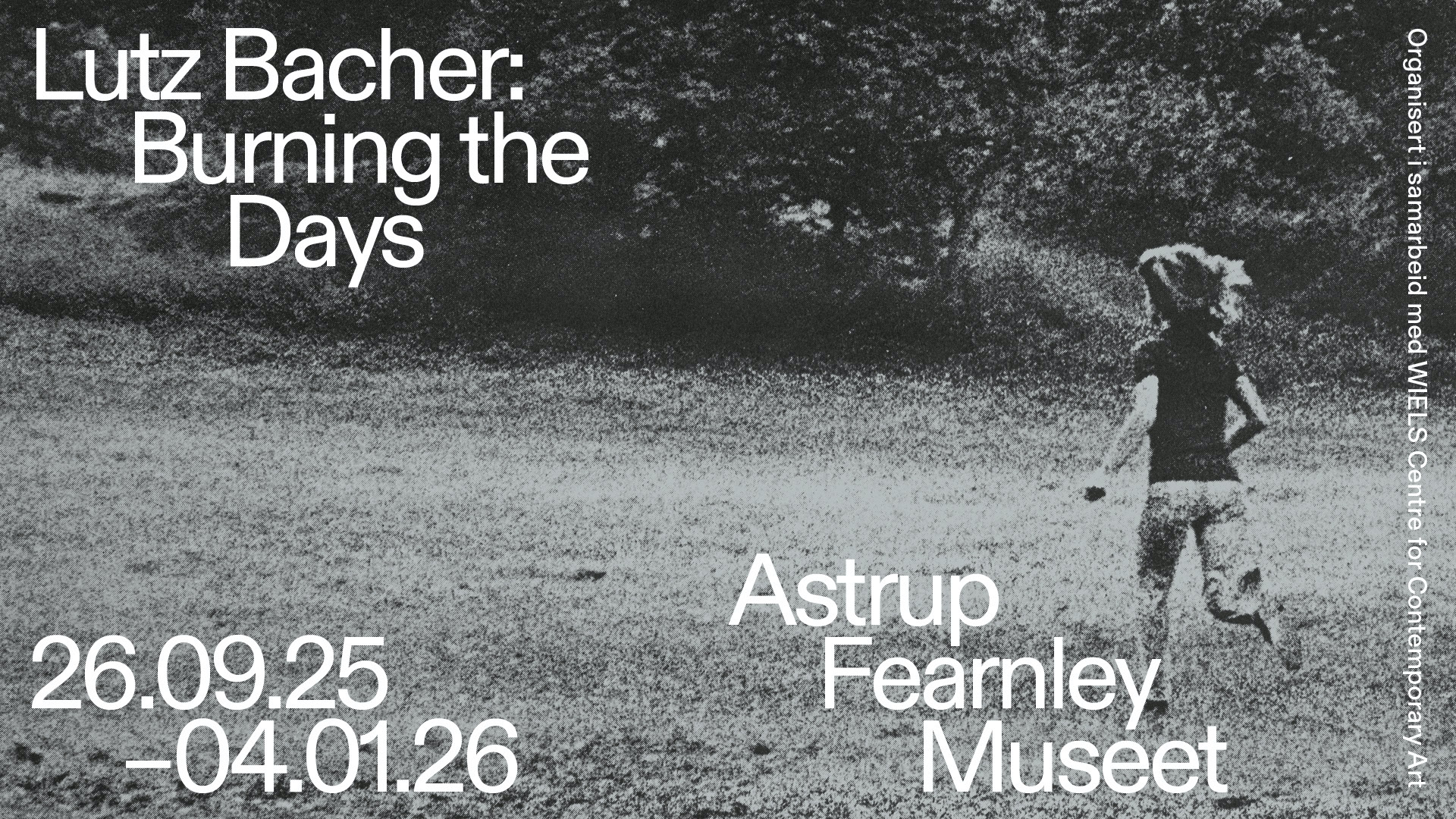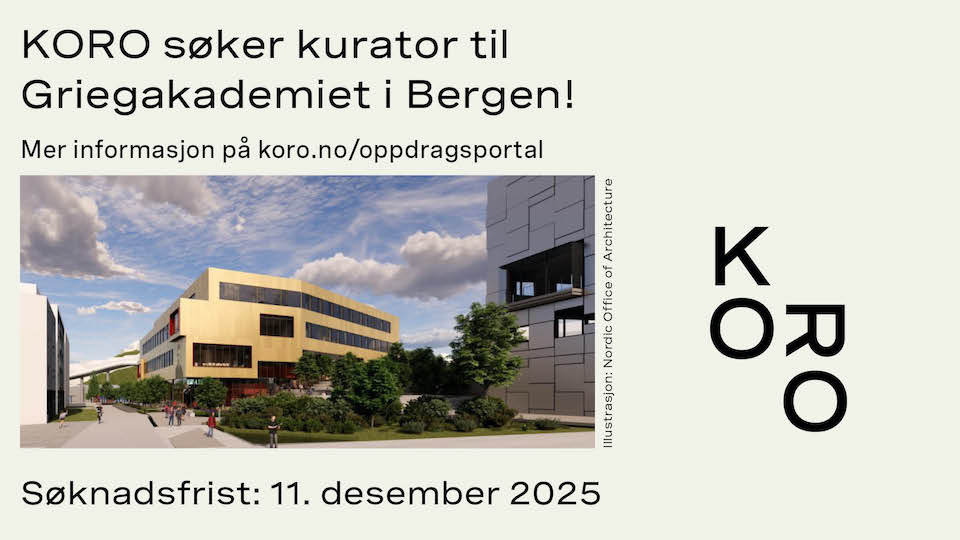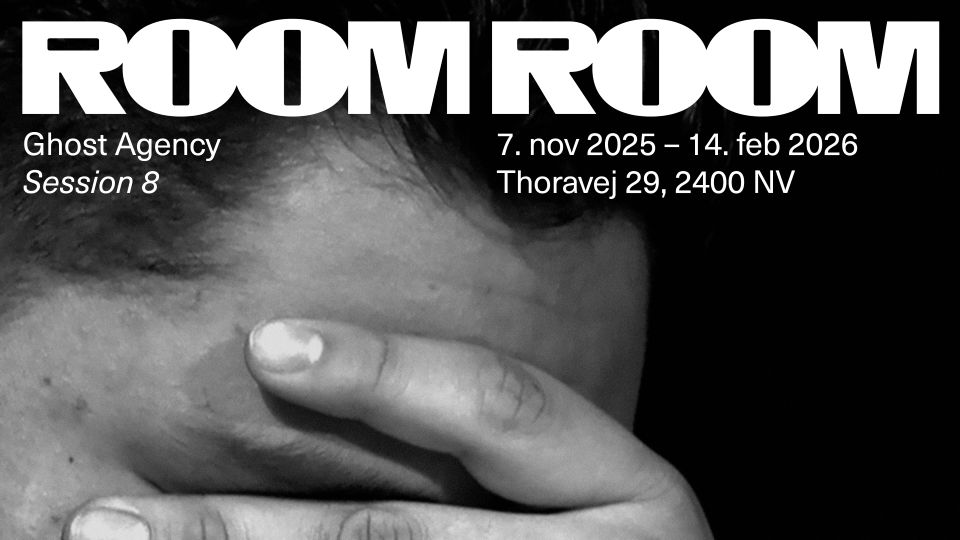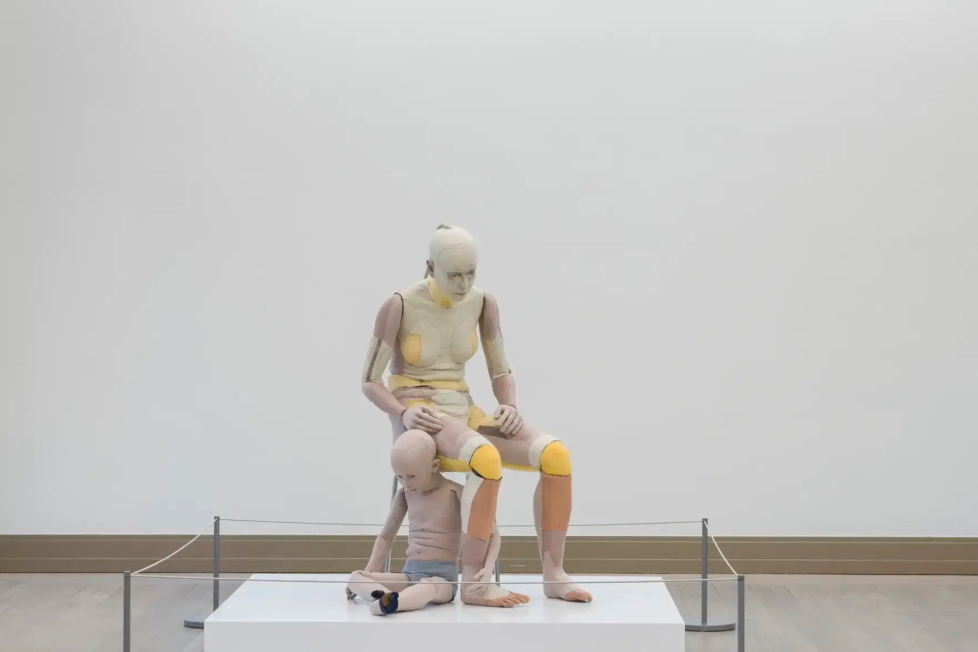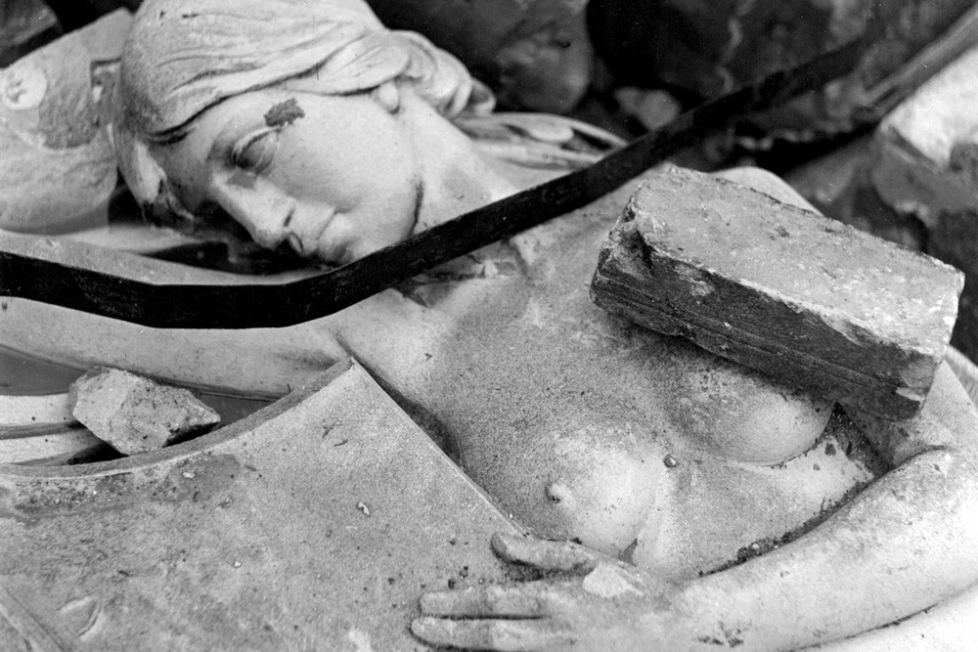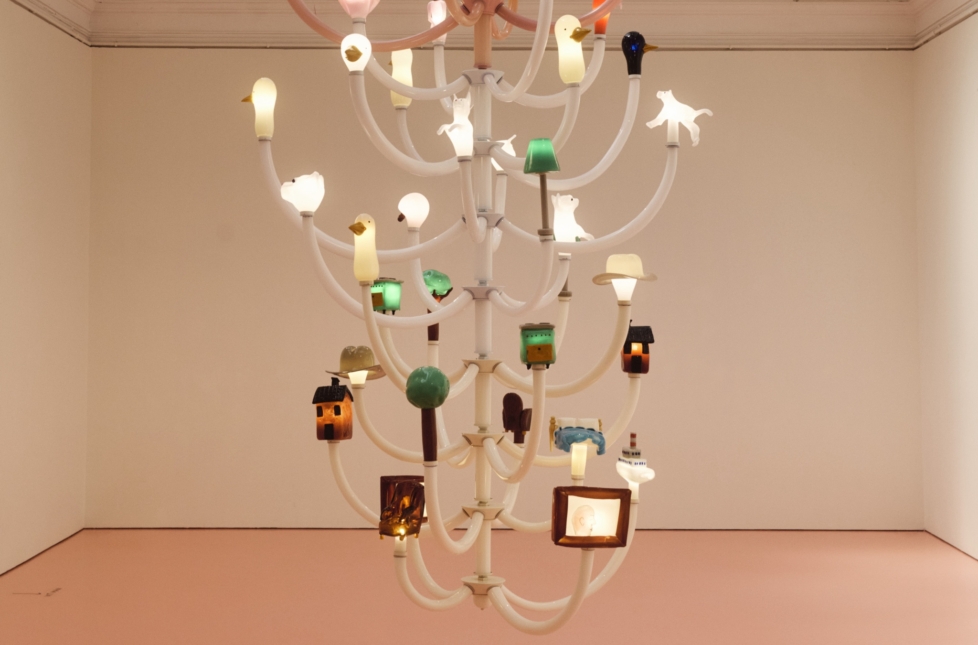
1972: Having toured the OPEC countries as a mud wrestler, Colin ‘Bomber’ Harris becomes the first heavyweight wrestler ever to fight against himself – Bomber vs. Bomber. Presented at the Ronald Reagan Memorial Bowl and sponsored by a toy nuclear missile, the battle is epic. The Bomber uses a cavalcade of freshly invented techniques to fight his opponent – including an “Albanian Headlock” and a “Half Egyptian” – but after a series of “forearm smashes” he eventually loses out against himself. “Well, what a match. And he’ll be going on next week to meet himself in the final,” exclaims the commentator. The fight is lost – but never ends. A pithy piece of social satire by Monty Python.
2016: The performance created by the young British artist Cally Spooners at New Museum shares the same objective: to embody those demands on our bodies, minds and language imposed by contemporary social and economic conditions. Her practice focuses particular attention on the conditions associated with new and evolving technologies.

Carried out in the museum’s Lobby Gallery, On False Tears and Outsourcing comprises seven performers wearing matching athletic outfits as well as small modifications to the architecture of the place: the light bulbs have been replaced by daylight, and the back wall has been clad in acoustic panels. Within this architecture we see the performers appearing in various numbers, mechanically crowding and pushing each other – and then go on to rest, either caressing each other with a complete absence of emotion or demanding intimacy by simply controlling the other’s limbs. The intimacy is never mutual.
While preparing for this work, Cally Spooner and the seven performers co-operated with rugby players and a film director. Together, they have identified and adopted certain gestures that express particular feelings. He – the protagonist is most frequently a he – smiles and tucks a stray lock of hair back in place behind her ear; she looks down quietly. Hollywood’s portrayal of tenderness.
Spooner calls them “ready-made gestures” – pre-existing formulas for actions that express particular emotional states in our culture. Such gestures can be useful in furthering one’s own agenda, but also for those who hire you and your body: “Service-minded junior sales assistant wanted at DKK 53 an hour”. Affect paid for at minimum wage: go ahead and smile!
In what appears at first glance to be a complete contrast to Colin ‘Bomber’ Harris’s lonely struggle, Spooner directed her performers according to a collective management philosophy known as “scrum” – a philosophy that is associated with Silicon Valley. The term has its origins in rugby, where it designates a way of restarting play in which the players pack closely together, arms interlocking, ready to press collectively against their opponents. We recognise this physical choreography in Spooner: body pushing against body. The difference is that here we do not find teams; it is always one against one. Every man for himself.
That is the approach taken by Spooner: using the body to create an image of how our supposed ideals are not in alignment with the real relations of everyday life. It has become clear that Facebook probably does not offer a non-hierarchical, transparent community that brings us all closer together in a more intimate, new world with greater autonomy.

One of the performers is lucky enough to have a language. But what do we hear? The biopower of the competition state internalised and returned to us in a chant: “Winner, Down, Hip, Side, Look, Step, Throw”. Think like a winner and now move like this (the sequence of words comes from rugby: they are directions on how to throw the ball).
Across this bizarre interplay of scrum, chilly caresses and chanted ideologies we hear pop music played from an invisible radio. A pleasant rhythm that lashes and slathers a sense of continuity across all the contradictory and inconsistent conditions under which we live.
At the same time, on the other side of the glass wall in the New Museum’s Lobby Gallery, café guests enjoy their coffee while watching the entire miserable scene from a pleasant distance. That seems to be the alternative: to be silent and just watch. The digital flâneur.
Monty Python used Colin ‘Bomber’ Harris to create an absurd image of the geopolitical situation during the cold war, of the emergence of neoliberalism and the psychologisation of individuals in the wake of 1968 (the personal is political). Spooner has given our current era tangible form in a similar way: a global society of ceaseless competition where we all instrumentalise affect to be rewarded in the currency that the entire precariat seems to be living on these days: attention. Both are pleasantly absurd embodiments of their times and employ similar methods.
The difference is that Spooner’s embodiment seems somewhat didactic. It is generally said that one should never close down an art work. However, this was exactly what New Museum did by not only presenting the circumstances of the work in the texts on the wall, but also giving an analysis here. Using abstract terms does little to remedy the problem: that the institution wants to think for us. This is a shame – for Cally Spooner and for all the other artists to whom this regularly happens. There is little fun in that. Whereas there is plenty in Colin ‘Bomber’ Harris.

